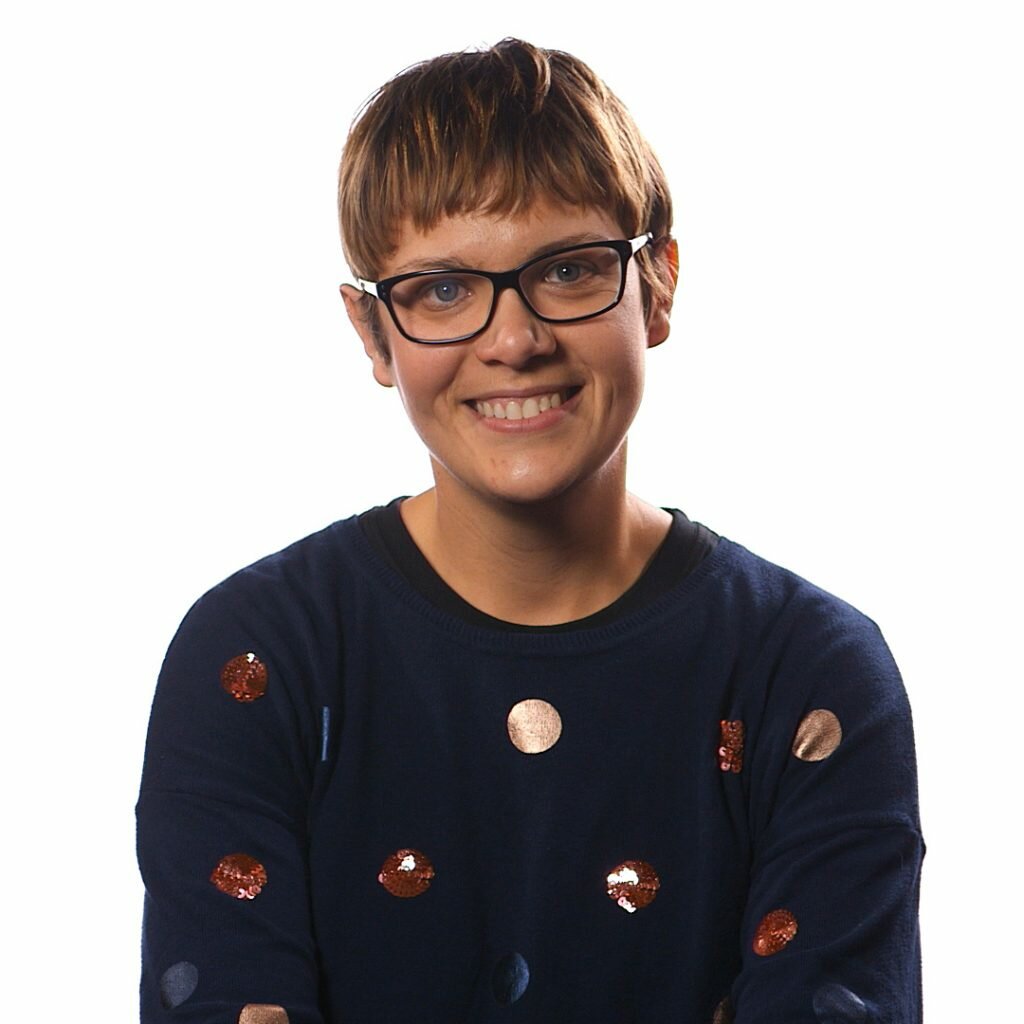Last updated May 16, 2018 at 1:25 pm
Pneumonia is a disease which ends lives prematurely, even in wealthy countries with excellent health care.
Pneumonia does not discriminate. Famous deaths from pneumonia include actress Brittany Murphy (2009), cricketer Sir Donald Bradman (2001) , and astronomer and science communicator Carl Sagan (1996).
The most common cause of pneumonia is Streptococcus pneumoniae, which causes about 20% of pneumonia in Australia and more than 15,000 GP visits and 2,000 deaths in Australia annually. The Lung Foundation of Australia are partnering with doctors, researchers and patients during Pneumonia Awareness Week this week to encourage those at risk to get vaccinated.
Immunisation rates in adults in Australia have been declining
Vaccines are one of the most effective tools we have for preventing pneumonia.
“We’re achieving a 93% pneumoccoccal vaccination rate among Australian children. Yet we’re failing to achieve even a 50% pneumoccocal vaccination rate among equally vulnerable seniors, despite the publicly funded immunisation program” says Dr Robert Menzies, infectious disease researcher at UNSW and one of the co-authors of a an article published this week in MJA Insight calling for action to improve coverage.
The current vaccine that we give to infants has only been around for 13 years, so no one aged 65 today got the vaccine as a baby. Dr Menzies points out that rather than lifetime-lasting immunisations, it’s important that people are covered for the times in their life that they’re most susceptible to pneumonia.
“The incidence is much higher in the first five years of life, and declines rapidly with age,” says Dr Menzies, “By the time you’re 6 or 7 years old your risk of getting a serious infection is very low.”
“The childhood vaccine has had an impact on the elderly by stopping the bug being carried by infants and that’s led in a decrease of transmission from babies to their grandparents.”
But as we age the risks of pneumonia and its life-threatening complications starts to increase again, with the highest rates in those aged 85 and over.
“65 is where you get optimal bang for your buck,” says Dr Menzies, “If you give it at 65 you get maximum protection at a population level.”
Do I need a pneumococcal vaccination?
You should speak to your GP about getting a vaccination if you:
- are a smoker
- have a chronic disease
- are immunocompromised
- are 65 years old or above
- are an Indigenous Australian 50 years old or above
- are an Indigenous Australian 15-49 years old who is medically at risk
“Pneumonia is a potentially life-threatening respiratory infection, should an individual develop a cough, fever, shortness of breath and feel generally tired and unwell, they should head to their doctor without delay,” say the authors of the MJA article.
It is well known that a vaccination recommendation, or lack thereof, by a health care professional is the most influential factor for the majority of patients determining whether or not to vaccinate.
The researchers suggest that automated reminders, like texting people’s mobile phones, be put in place to help people keep track of what vaccines they need and when.
































































































































































































































































